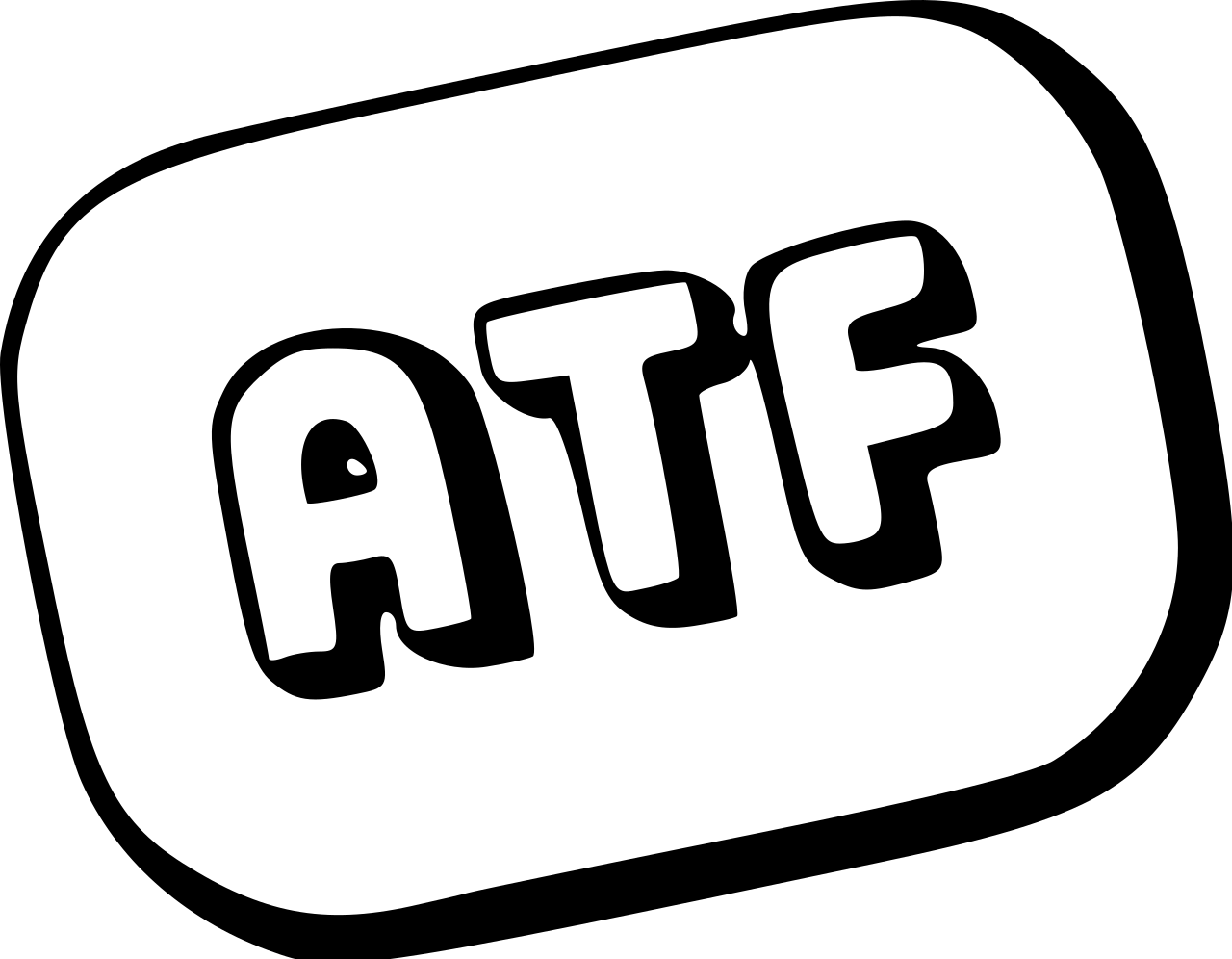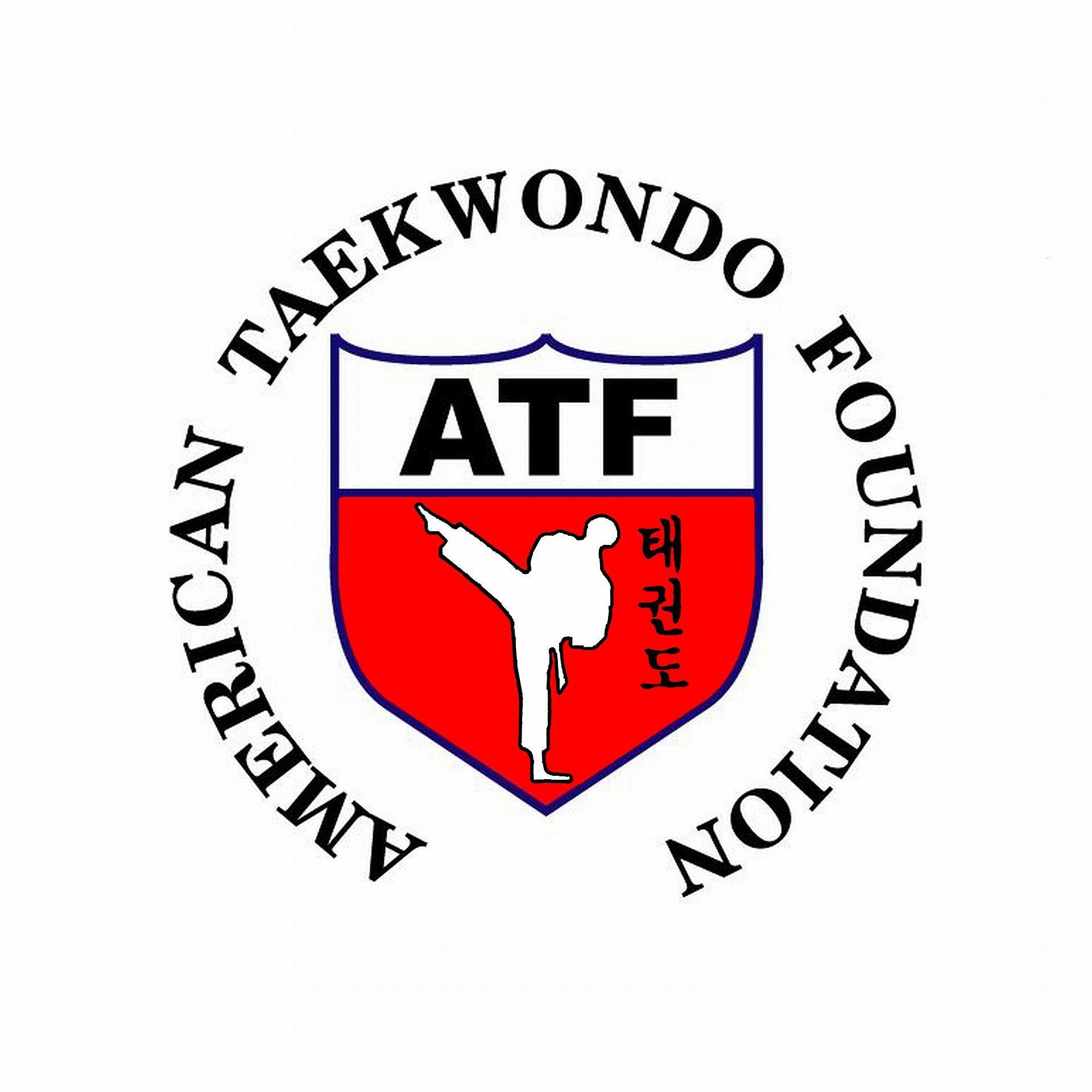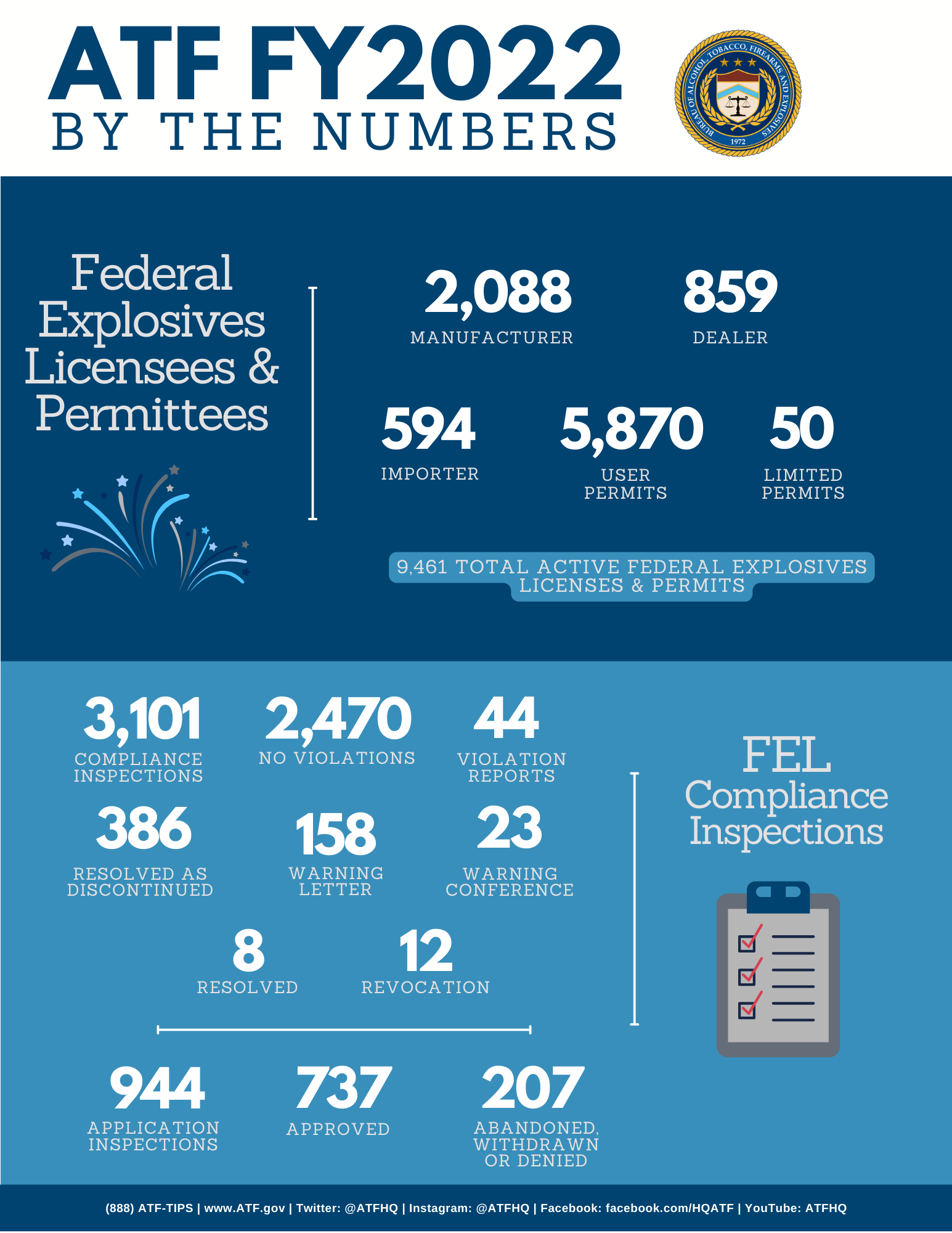What Is The ATF? Unpacking America's Firearms Regulator
When you hear the acronym "ATF," what immediately comes to mind? For many, it's a federal agency associated with firearms, often at the forefront of national discussions about gun control and public safety. But the Bureau of Alcohol, Tobacco, Firearms and Explosives, or ATF, is far more than just a firearms regulator. It's a multifaceted law enforcement agency with a broad mandate, playing a critical role in protecting American communities from violent crime and ensuring the lawful commerce of certain regulated goods.
Understanding the ATF's history, mission, and operational scope is essential to grasping its significance in the landscape of U.S. federal law enforcement. From its origins within the Treasury Department to its current position within the Department of Justice, the ATF has evolved to tackle complex challenges related to illegal firearms, explosives, arson, and the diversion of alcohol and tobacco products. This article delves deep into what the ATF is, what it does, and why its presence is a crucial component of national security and public safety.
Table of Contents
- What Does ATF Stand For?
- The Genesis of the ATF: A Historical Journey
- ATF's Core Mission and Mandate
- Key Areas of Enforcement: What the ATF Regulates
- The Role of ATF Special Agents: On the Front Lines
- ATF's Investigative Powers and Partnerships
- Addressing Common Misconceptions and Debates about the ATF
- The ATF's Impact on Public Safety and Commerce
- Conclusion
What Does ATF Stand For?
The abbreviation "ATF" can indeed stand for 92 different meanings, ranging from "automatic transmission fluid" to "after the fact." However, in the context of U.S. federal law enforcement, **ATF stands for Bureau of Alcohol, Tobacco, Firearms and Explosives**. It is a U.S. government agency that enforces laws regulating the firearms and explosives industries, among other responsibilities. This clarification is crucial because the agency's full name directly reflects its broad scope of duties, which extend beyond just firearms to include critical areas like alcohol, tobacco, and explosives, including arson investigations. Understanding this full scope is the first step in appreciating the complexity and importance of the ATF's work.The Genesis of the ATF: A Historical Journey
The history of the ATF is deeply intertwined with the evolving needs of American law enforcement and public safety. While its roots can be traced back to the Treasury Department's efforts to collect taxes on alcohol and tobacco, its modern incarnation began in the early 1970s. The significance of the ATF in American history is undeniable, marking a pivotal shift in how the federal government approached the regulation and enforcement of laws pertaining to these specific industries and dangerous instruments. This evolution reflects a growing recognition of the need for a specialized agency to combat related criminal activities.From IRS Division to Independent Bureau
In 1972, the ATF was officially established as an independent bureau within the Treasury Department. This significant transition occurred on July 1, 1972, when the responsibilities of the ATF division of the IRS were transferred to the new Bureau of Alcohol, Tobacco, and Firearms. Rex D. Davis oversaw this crucial transition, becoming the bureau's first director. This move was not merely a bureaucratic reshuffling; it was a strategic decision to consolidate and enhance federal efforts in areas that were increasingly becoming sources of violent crime and organized criminal activity. By elevating the division to an independent bureau, the government signaled a heightened commitment to addressing the challenges posed by illegal firearms, explosives, and the illicit trafficking of alcohol and tobacco. This historical context is vital for understanding the foundational principles and the broad mandate that continues to guide the ATF today.ATF's Core Mission and Mandate
The core mission of the ATF is clear and focused: to enhance public safety by enforcing laws and regulations and upholding the Constitution of the United States. The agency achieves this by conducting investigations utilizing its unique expertise, partnerships, and intelligence. This mission statement underscores the ATF's commitment to protecting communities from violent criminals, illegal firearms, explosives, and alcohol and tobacco trafficking. It's a federal law enforcement agency that stands on the front lines, working tirelessly to safeguard the public from a range of dangerous criminal activities. The ATF's role is not just reactive; it also involves proactive measures to prevent crime and ensure compliance within the industries it regulates.Protecting Communities from Violent Crime
At its heart, the ATF is a law enforcement agency in the United States’ Department of Justice that protects our communities from violent criminals, criminal organizations, and the illegal use and trafficking of firearms and explosives. This includes investigating crimes involving explosives, arson, and the diversion of tobacco products. The agency is primarily responsible for administering and enforcing the criminal and regulatory provisions of federal laws pertaining to destructive devices. This focus on public safety is paramount, guiding every investigation and regulatory action the ATF undertakes. By targeting those who illegally acquire or use these dangerous items, the ATF directly contributes to reducing violent crime rates and making neighborhoods safer across the nation. Their mission is a continuous effort to curb the illegal use of firearms and enforce the federal firearms laws, striving to increase state and local awareness of available federal prosecution under these statutes.Key Areas of Enforcement: What the ATF Regulates
The ATF's regulatory and enforcement responsibilities are extensive, covering several critical areas that directly impact public safety and commerce. As a federal agency, the ATF enforces laws and regulates the firearms and explosives industries. This includes overseeing the licensing of manufacturers, importers, and dealers of firearms, as well as ensuring compliance with federal regulations concerning the sale, transfer, and possession of these items. Beyond firearms, the ATF also investigates violent crime, arson, and illegal trafficking of alcohol and tobacco products. This broad scope means that ATF police, or special agents, are federal officers who enforce laws about firearms, explosives, arson, and alcohol and tobacco, making their expertise incredibly diverse and specialized. The agency's commitment extends to regulating lawful commerce in firearms and explosives, ensuring that legitimate businesses operate within the bounds of federal law while simultaneously combating illicit activities. The ATF investigates and regulates violations of firearm, alcohol, and tobacco laws, and also supports law enforcement, public safety, and industry partners worldwide.The Role of ATF Special Agents: On the Front Lines
The career of an ATF special agent is unique and one of the most challenging in federal law enforcement. ATF’s highly trained agents are responsible for investigating a wide array of federal crimes, often involving dangerous individuals and complex criminal organizations. These agents serve on the front lines in the battle to reduce violent crime in our neighborhoods. Their duties require an exceptional level of dedication, skill, and courage, as they frequently face situations that put them at personal risk. From undercover operations to complex financial investigations, ATF special agents are at the forefront of enforcing federal laws related to firearms, explosives, arson, and the illegal diversion of alcohol and tobacco products. Their work is critical to the agency's mission of protecting the public and upholding the Constitution.Rigorous Training and Personal Risks
To prepare for their demanding roles, ATF special agents must be able to handle rigorous training, which equips them with the specialized knowledge and tactical skills necessary to operate effectively in high-stakes environments. This training covers everything from firearms proficiency and explosive device identification to advanced investigative techniques and legal frameworks. The personal risks associated with their job are significant; agents often confront armed criminals, investigate dangerous crime scenes involving explosives, and participate in operations that carry inherent dangers. Despite these challenges, ATF special agents remain committed to their mission, demonstrating resilience and unwavering dedication to public service. Their unique expertise, honed through extensive training and real-world experience, makes them invaluable assets in the fight against violent crime.ATF's Investigative Powers and Partnerships
The ATF's ability to effectively combat crime is heavily reliant on its robust investigative powers and its strategic partnerships. The agency conducts investigations utilizing its unique expertise, partnerships, and intelligence to enhance public safety by enforcing the laws and regulations. This collaborative approach is vital, as criminal activities often cross jurisdictional lines and involve multiple facets that require a coordinated response. The ATF actively supports law enforcement, public safety, and industry partners worldwide, sharing intelligence and resources to maximize impact. For instance, in curbing the illegal use of firearms and enforcing federal firearms laws, the ATF works closely with state and local agencies, often providing crucial federal prosecution avenues under these statutes. The agency's focus on intelligence-led policing allows it to identify trends, dismantle criminal organizations, and prevent future crimes. ATF makes documents associated with the rulemaking process available on its website, providing transparency and information relevant to areas that the ATF focuses on, including firearms. This transparency further builds trust and facilitates cooperation with external partners and the public.Addressing Common Misconceptions and Debates about the ATF
The ATF, like many federal agencies, is often the subject of public debate and misconceptions. One common area of discussion revolves around what the ATF doesn't do, particularly concerning the regulation of firearms. There is a reasonable—and strong—case to be made that some believe we do not need an ATF, at least as far as the question of regulating firearms. This perspective often comes from those who advocate for minimal government intervention in gun ownership. Historically, there have even been proposals to eliminate the Bureau of Alcohol, Tobacco, Firearms and Explosives, with figures like Attorney General Pamela Bondi defending such proposals. The Trump administration, for example, made efforts to "defang and downsize" the bureau, reflecting a political desire to reduce its scope or power. Another prevalent notion, as argued by some, is that "everyone knows guns and drugs go together," highlighting the interconnectedness of various criminal enterprises, even as gun rights and gun reform advocates push back on different aspects of the debate. These discussions underscore the complex and often contentious environment in which the ATF operates, navigating public opinion, political pressures, and its core mission.The "Any Other Weapon" Debate and Self-Made Firearms
Two specific areas of current interest and debate regarding the ATF's purview include its stance on people making their own firearms and the definition of "any other weapon" (AOW). The rise of privately manufactured firearms, sometimes referred to as "ghost guns," presents unique challenges for law enforcement, as these weapons often lack serial numbers and can be difficult to trace. The ATF has been actively involved in developing regulations and guidance concerning these self-made firearms to ensure public safety while respecting legal rights. Similarly, the term "any other weapon" is a specific classification under the National Firearms Act (NFA) that refers to certain concealable firearms or devices that don't fit neatly into other categories like rifles, shotguns, or handguns. Understanding "what does 'any other weapon' mean" is crucial for individuals and manufacturers to comply with federal law, as AOWs are subject to strict registration and taxation requirements. These specific issues highlight the ATF's ongoing role in interpreting and enforcing complex federal firearms laws in a rapidly evolving technological and social landscape.The ATF's Impact on Public Safety and Commerce
The ATF's impact on both public safety and lawful commerce is profound and far-reaching. By enforcing federal gun laws and regulating the gun industry, the ATF plays a critical role in preventing firearms from falling into the wrong hands and ensuring that legitimate businesses adhere to established legal frameworks. The agency protects the public from crimes involving firearms, explosives, arson, and the diversion of tobacco products. Simultaneously, it regulates lawful commerce in firearms and explosives, fostering a secure environment for industry stakeholders. This dual role—enforcement and regulation—is essential for maintaining order and safety. The ATF is the federal agency that regulates and enforces the laws related to firearms, explosives, arson, and alcohol and tobacco, making it a cornerstone of national security efforts. Its strategies are designed to disrupt criminal networks, reduce violent crime, and protect communities, all while supporting legitimate commerce that contributes to the nation's economy. The history of the ATF and its ongoing significance in American history underscore its undeniable importance in this delicate balance.Conclusion
In conclusion, the Bureau of Alcohol, Tobacco, Firearms and Explosives, or ATF, is a vital federal law enforcement agency with a complex and critical mandate. From its official establishment in 1972 as an independent bureau within the Treasury Department, the ATF has evolved to become a cornerstone in the fight against violent crime and illicit trafficking. Its mission to enhance public safety by enforcing laws and regulations, and upholding the Constitution, is carried out through the dedicated efforts of its highly trained special agents who investigate crimes involving firearms, explosives, arson, and the diversion of alcohol and tobacco. The ATF's unique expertise, strategic partnerships, and intelligence-driven investigations are indispensable in protecting communities, regulating lawful commerce, and addressing emerging challenges such as privately manufactured firearms. While debates surrounding its scope and necessity persist, the ATF's undeniable role in enforcing federal gun laws and combating dangerous criminal enterprises remains paramount. Understanding what the ATF is and what it does provides crucial insight into the multifaceted efforts to maintain safety and order in the United States. We hope this comprehensive overview has shed light on the ATF's significant contributions to national security and public welfare. Do you have further questions or insights about the ATF's role? Share your thoughts in the comments below, or explore other articles on our site to deepen your understanding of federal law enforcement agencies.- The Amazing Pizza Machine
- Trattoria Al Forno
- Joshua Stueve Resignation
- Jennifer Lynn Stone
- Kill Devil Grill

ATF Logo - LogoDix

ATF Logo - LogoDix

ATF By The Numbers - FEL Infographic | Bureau of Alcohol, Tobacco